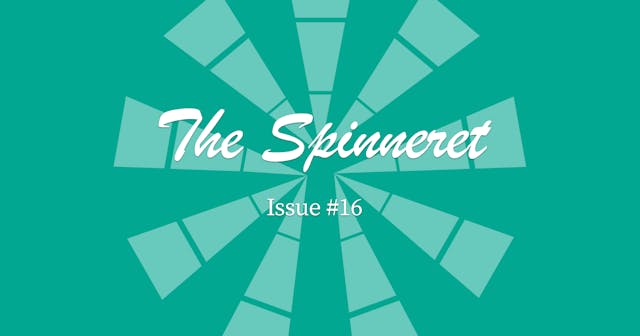
When To Send An Email
Sometimes email is a good form of communication, and sometimes it's not.
Much of today's communication (especially in the corporate world) is conducted via email. And when it comes to email, there's a lot to complain about. Still, these two complaints seem to stick out:
- I get too many emails.
- I don't have time to read long emails.
Although email is not the be-all-and-end-all of communication tools, it is what we know today, and it can be effective if used effectively. Let's figure out how.
When To Send An Email
Email is a good form of communication because it can be non-disruptive. I very much dislike when my phone rings when I'm in the middle of a thought or action. It can take a long time to regroup and get back to where I was. And nine-times-out-of-ten, the person didn't need me at that moment.
Email is also nice because it is considered a way to communicate professionally. Of course, you have to know what that actually means. So let's talk about scenarios when sending an email makes sense.
Non-Urgent Material
Got something that doesn't need to be completed immediately? Send an email. Just make sure you include specific deliverables.
If you have a lot of tasks to complete, even if they aren't urgent, I'd suggest a meeting where you discuss everything instead of 10 separate emails (that's where the I have too many emails claim starts to validate itself).
Also consider a project/task management system like Basecamp or Wunderlist to help you track what you and your people have to get done.
Large Group of People
I hate that I'm about to say this, but the best way to communicate with a large group of people is via email. Just know this: when you are sending an email, you are building your brand. For example, there was a person who worked for my company that was responsible for all benefits/payroll communication. Yet every email was 5-10 paragraphs long and many times non-applicable to me. I eventually automatically started hitting delete when she would send emails.
So what I'm saying is email is a great way to communicate with a large group of people, but you have to be careful about how you do it, especially if it's long or particularly complex. Use headings to break up your content, highlight important phrases, and cut out everything unnecessary.
A Further Note on Length
I know people hate long emails, but I do think they have a purpose. I like email because you are sending the same message to each recipient. So even if it's long or complex, it's consistent. Use the tricks I mentioned in the paragraph above to help make your email feel shorter. And, still, know your audience. There are going to be people who just won't read long emails. The best way around this is to call out, at the beginning of your email, who exactly it applies to and who should be paying close attention. This may help you get your boss to read your emails when it really matters most.
When To Not Send An Email
Emails aren't always appropriate, though. Let's look at when you should find another way to communicate.
Urgent Matters
If it's urgent, make sure it's really urgent. But if it is really urgent, you need to interrupt someone. You can't assume an email (even if CAPS LOCK is turned on) will be read in time.
Conflict Resolution
I can assure you email only makes heating conflict worse. If you feel conflict coming, cut the email off and suggest a meeting to resolve your issue.
And for Pete's sake, don't not ever yell at someone in an email by using all caps. That is a childish thing to do, and if you think it doesn't happen, I should tell you about this vice president in my company that sent one a couple weeks ago.
Requiring Two-Way (or more) Communication
If you have one or two questions (especially to multiple people), send an email. If you have 10 questions for one person, go talk to them.
Thoughts That Don't Need to be Recorded
Where should we go to lunch? Want to go to happy hour tonight? Don't bog down someone's inbox with this garbage. Actually, the best thing to do here is text.
Not Everything
I'm sure I'm missing some scenarios here, but I've covered the most pressing issues I see every day. And I'd say, in general, you'll find your communication skills increasing if you use these basic guidelines.
The Phone
I'm of a younger generation in the workplace, and I can tell you with my generation, the phone is becoming more and more annoying, especially for people who sit at a desk every day. I hardly ever answer the phone. And I will tell you that unless it's an executive, I will never answer the phone from someone who works in my office building. If the person works in the same office as you and an email doesn't work, stand up and walk to their desk. This helps build a relationship with that person and it's much more effective than a phone call (even though it takes a little more time).
Texting
The numbers are astounding, and without going into detail, the moral of the story is people are way more likely to read texts that emails. And most read texts almost immediately. Texting is a very, very useful tool. But I'd only use it for:
- Information that doesn't need to be recorded or archived for later use
- Conversations that don't need to fill up an inbox (Where are you going to lunch?)
- Super simple communication (What should I work on next?)


